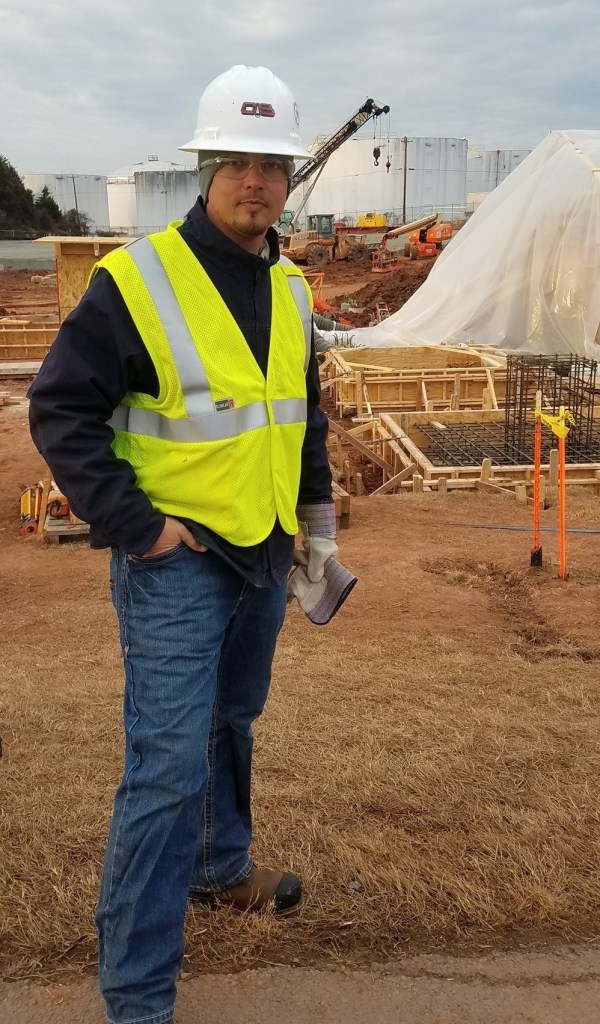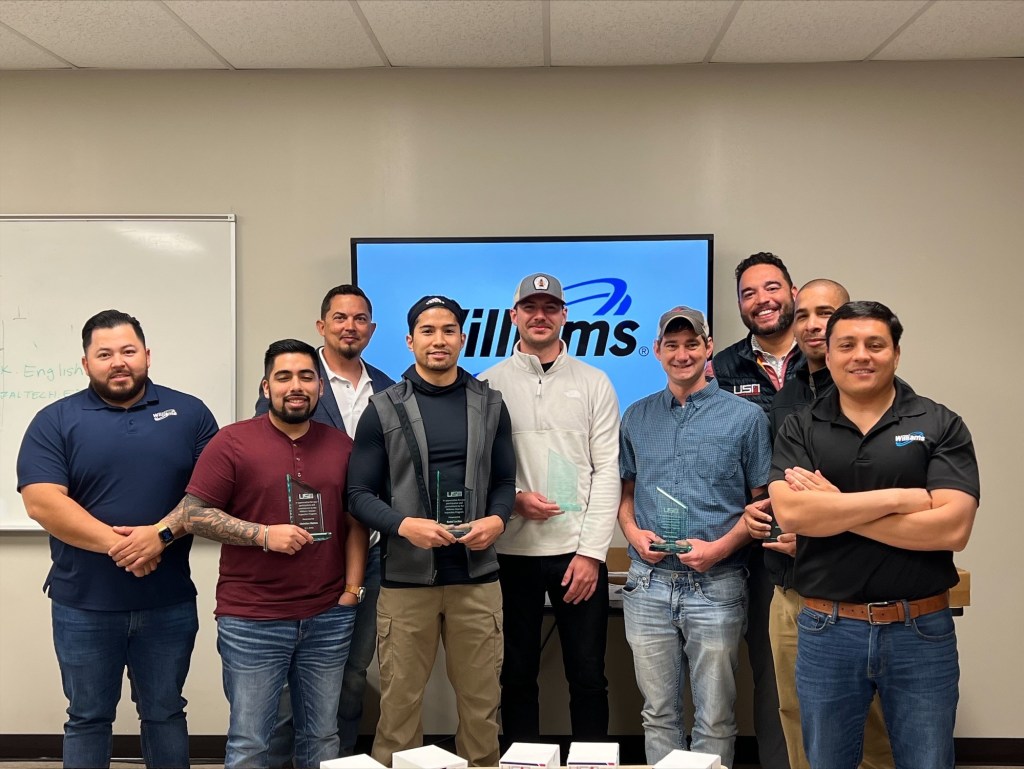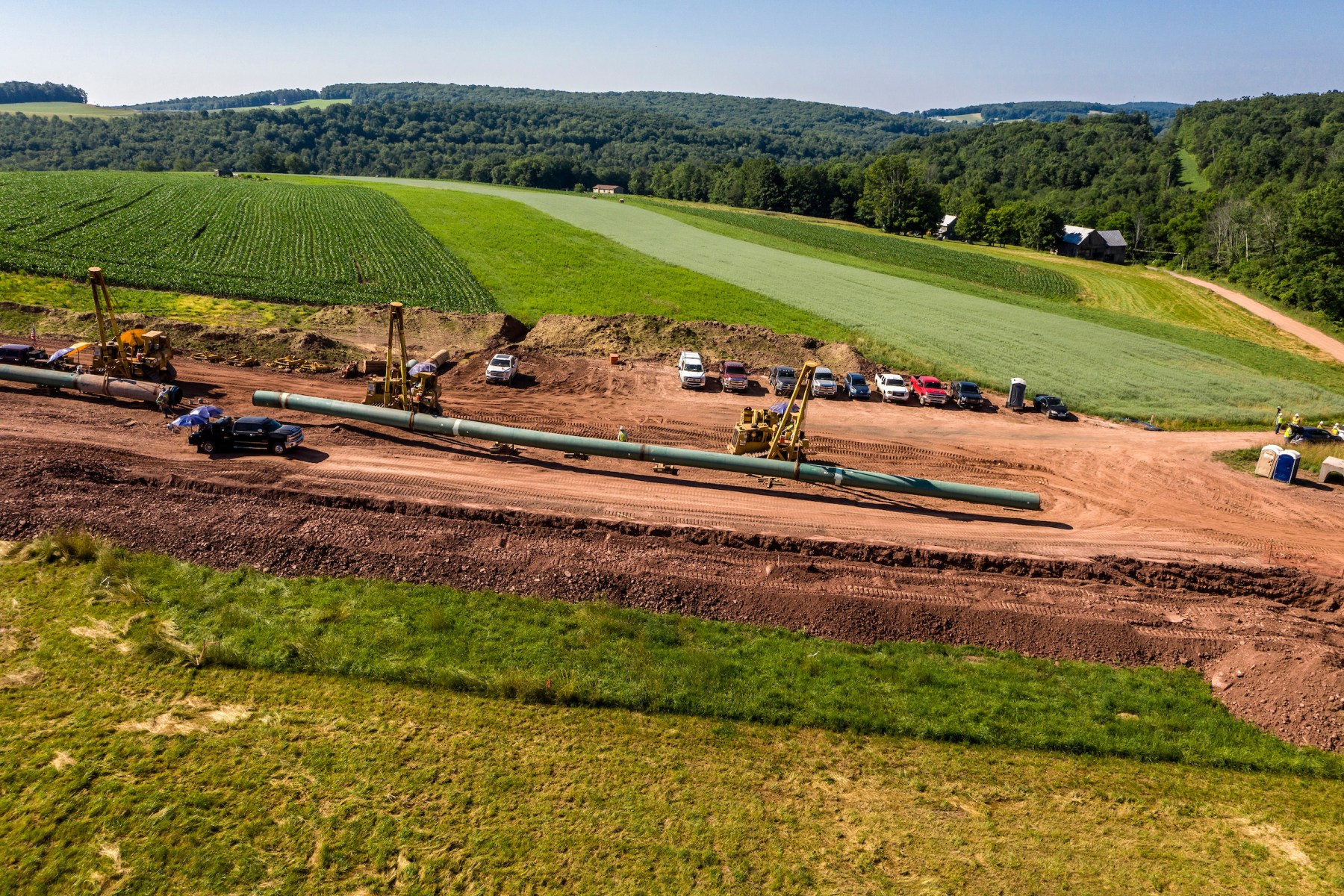
When Chris Coahran retired after 20 years in the U.S. Army, he wasn’t sure what his next step would be. That’s when his neighbor, Williams employee Jimmy Smith, told him about a new vocational program to train military veterans as contracted pipeline construction inspectors.
Coahran was part of the first class of students to train at Central Tech vocational school in Drumright, Oklahoma, and go to work for a company that provides pipeline construction inspector services to Williams.
Coahran lives in south Alabama but travels up and down projects on the Transco system as a senior quality inspector employed by Cleveland Integrity.
He said that because of his military experience, he’s used to being away from home for periods of time but likes the fast pace of his work and responsibility of ensuring safety and reliability of Williams infrastructure.
The veterans training program was the idea of several Williams employees who wanted to help recently separated veterans start a career in the oil and gas industry. Since 2017, 19 veterans have completed the four-week course and gone to work as contractors across the Williams footprint.
“We recruit separating veterans and send them for hands-on and classroom training,” said Richard Powell, a Navy veteran and supervisor of construction at Williams. “Upon graduation we mobilize them to projects as utility inspectors with an onsite mentor to guide them and ensure their success.”
Powell said the skills developed in the military are qualities that transfer well into roles in pipeline inspection.

“Military veterans are used to working with a lot of different people and adapting to changing conditions,” he said. “That is very valuable on pipeline projects.”
In the military, Coahran provided long-range communications for reconnaissance units. The qualities he needed to excel at that job – adaptability, discipline, big-picture thinking and leadership – work well in his current role.
“In the military, there is a lot of professional development so you can grow,” he said. “This program also has allowed me to move up the ladder, while building relationships and trust with colleagues, both at my employer and Williams.”
He said he’s benefited from the support of other veterans working at or with Williams.
“We have a good team of vets that look out for each other,” he said. “After completing the training program, you are mentored and supported to help you excel.”
Powell said Williams is proud to support the veteran community through recruiting and employment and partnering with vendors who do the same.
